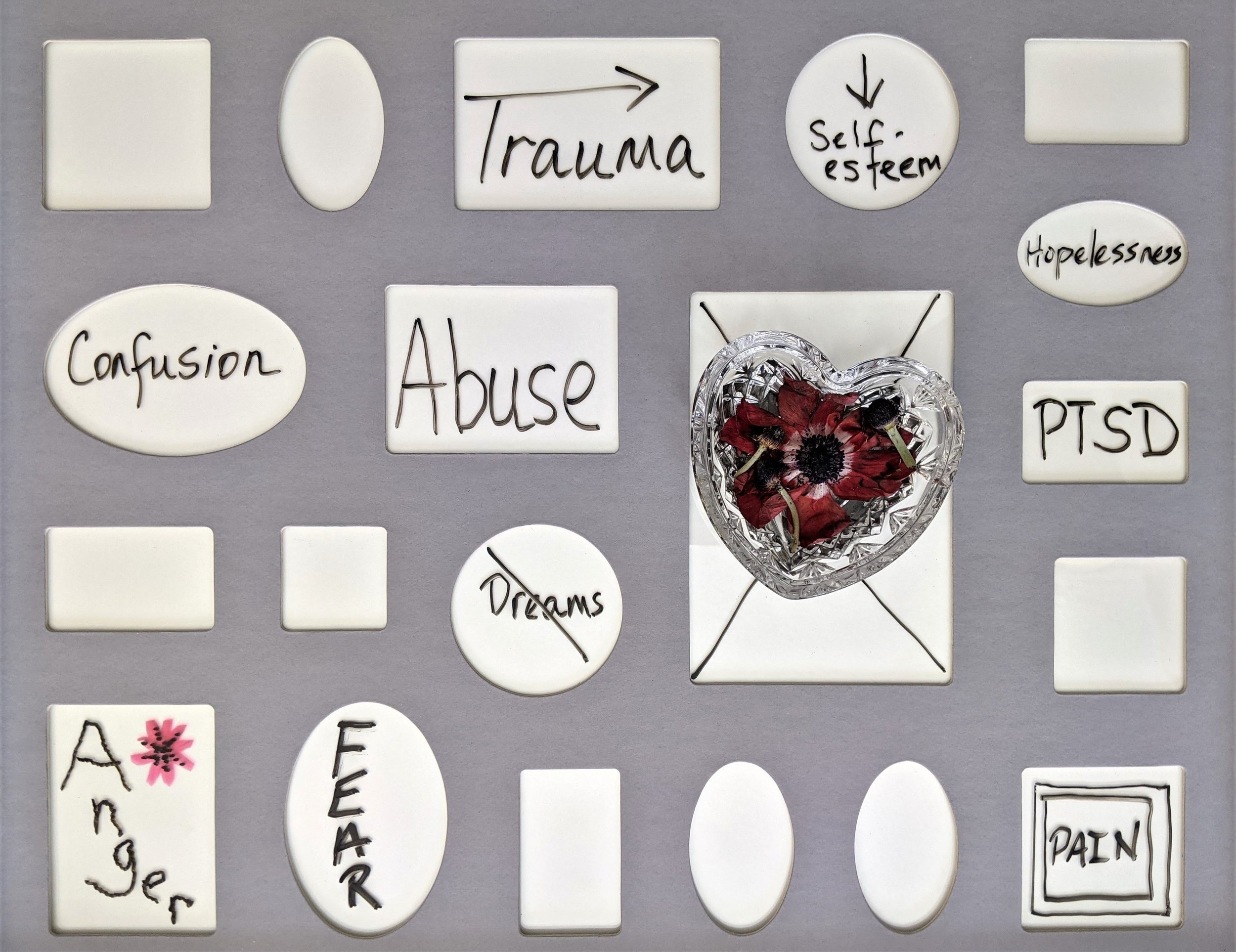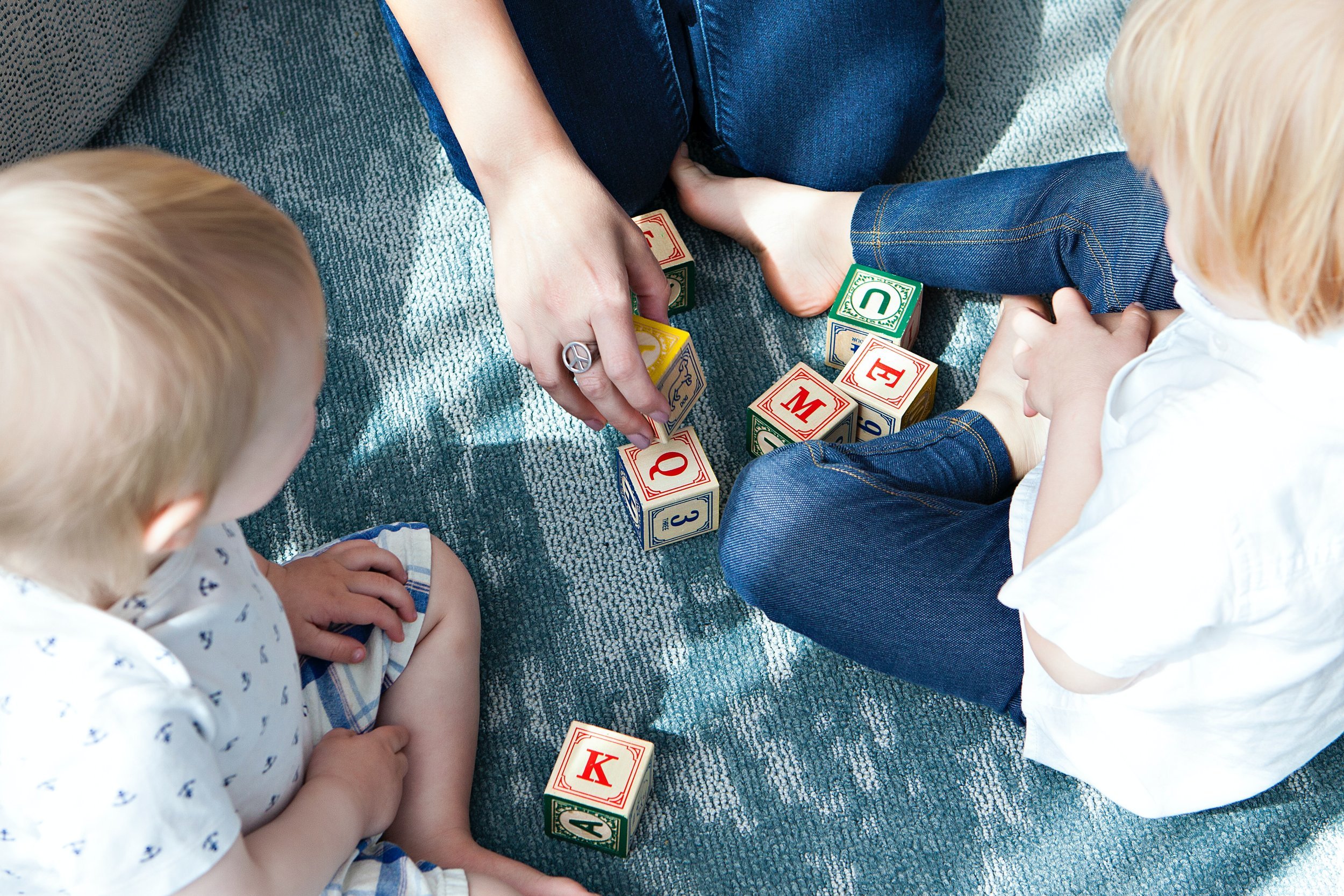Written by us, for you.
Resources on Mental Health, Trauma, Relationships, and Our Shared Humanity.
The Human Experience of Shame
It is important to distinguish shame from guilt. While both emotions can lead to introspection and relational shifts, as well as similar outcomes (depression, anxiety, withdrawal, low self-esteem, etc.), the messages they carry are different.
The Fear of Vulnerability
Being vulnerable can look different for different people, from voicing your needs to creating an original piece of art, from confessing romantic feelings towards someone to speaking up at a meeting, from standing up for your beliefs to trusting someone.
Understanding Narcissistic Parental Abuse
Growing up in a nurturing and supportive environment is vital for a child's emotional well-being and development. However, for those who have endured parental narcissistic abuse, their formative years may have been marked by manipulation, control, and emotional devastation. Below we will explore the insidious nature of this abuse, its profound impact on individuals, and the therapeutic pathways that can guide survivors toward reclaiming their lives and building fulfilling relationships.
How to Practice Good Sleep Hygiene for a Better Night’s Rest
Sleep is as basic a need as food, water, or shelter. Despite what the pressures of our increasingly productivity-focused world would suggest, we physically and mentally cannot survive without rest.
Building Resilience: Unlocking Inner Strength with Counselling Guidance
Life presents us with countless challenges that can push us to our limits. Developing resilience is crucial not only for weathering these storms but also for emerging stronger and more empowered. In this blog post, we explore the importance of resilience and how a counsellor can play a pivotal role in helping individuals cultivate this invaluable trait.
When is the Right Time to Start Relationship Counselling?
I get asked this question from time to time by clients that I work with. Every relationship is bound to have ups and downs, but when problems persist and communication is breaking down, seeking professional help can be a transformative step for you and for your relationship.
What is Neurodiversity and how does Neurodiversity Affirming Practices interact with the counselling process?
Neurodiversity, coined by sociologist Judy Singer, refers to the “limitless variability of human nervous systems on the planet”. Much like biodiversity in nature, which understands the multitude of varying species and organisms in our world, neurodiversity recognizes that people have different brains.
The Power of Narrative Therapy in the Journey of Motherhood
Motherhood is a profound journey that reshapes a person's life, introducing them to a world of love, joy, and boundless responsibilities. However, amidst the bliss, there are moments of doubt, challenges to one's identity, and societal pressures that can overshadow the transformative nature of this experience.
Navigating Grief
Many people think of grief as an emotional experience or state attached to the death of a loved one. Grief, however, is not limited to death-related losses alone. Grief can arise from several experiences in a person's life. Some common examples include, but are not limited to job loss, chronic pain, friendship fallouts, romantic breakups, the death of pets, childhood trauma, moving homes or countries, social justice implications, parents divorcing, a pandemic, witnessing others grieving, etc. Grief is a part of the human experience, meaning that at some point or another, we will all experience it throughout our lifetime.
How to challenge black and white thinking in relationships
How often have you gotten stuck in a conversation where someone refuses to see your point of view? Perhaps you’ve been the one who can’t seem to understand where the other person is coming from. Or has someone ever told you to think outside the box, or that the story you’re telling yourself may not be the full story?
The Transformative Power of Somatic Therapy
Somatic therapy seeks to address emotional and psychological distress by engaging the body in the therapeutic process, facilitating the release, regulation, and integration of the distress for healing and restoration
Journaling for Mental Health: Benefits, Tips, and Prompts to Get Started
With the many pressures and distractions of modern life, it can feel unnatural to slow down and reflect on how you feel about yourself and your current circumstances. However, putting pen to paper (or hand to keyboard) is likely to be a rewarding, informative, and worthwhile use of your time
Reclaiming Freedom: The Transformative Journey of Substance Use Recovery.
Life is a voyage with its share of highs and lows, and for some, the road is lined with the trials of substance use.
What are the Differences Between PTSD, C-PTSD, Developmental & Relational Trauma?
What is the difference between Post-Traumatic Stress Disorder (PTSD) and Complex Post-Traumatic Stress Disorder (Complex PTSD or C-PTSD)? Although some elements overlap with each, there are distinct differences between PTSD and C-PTSD. Developmental or Relational traumas refer to the context in which the traumas have occurred.
Capitalization in Relationships: How to Support Your Partner Well - Why Celebrating Good News Matters
Have you ever shared good news with someone, only to feel like they weren’t as excited for you as you thought they would be? Or have you ever been on the receiving end of someone else’s excitement and felt like you didn’t quite know how to respond?
What is the Common Factors Theory in Psychotherapy
One of the most widely studied theories is the common factors theory, which is grounded in evidence and suggests that there are certain elements that are common to all effective forms of psychotherapy, regardless of the specific techniques used. In this blog post, we will explore the common factors theory in more detail and examine its implications for psychotherapy practice
How to Understand & Befriend Anger
While anger is sometimes (often) moralized as a “bad” or “negative” emotion, it is just as important as any emotion we have!
How to Let Go of Control
It is human nature to worry about anything that feels uncertain to us, especially when there are corresponding thoughts or beliefs that we have that make us expect the worst-case scenario.
Play Therapy and Neuroscience 101 – Child Counselling in Vancouver, BC
Through nurturing children’s socioemotional development, facilitating connection to self and others, and building skills for the rest of their lives, child counsellors are there to help children find safety, joy, and strength on their ride.




















